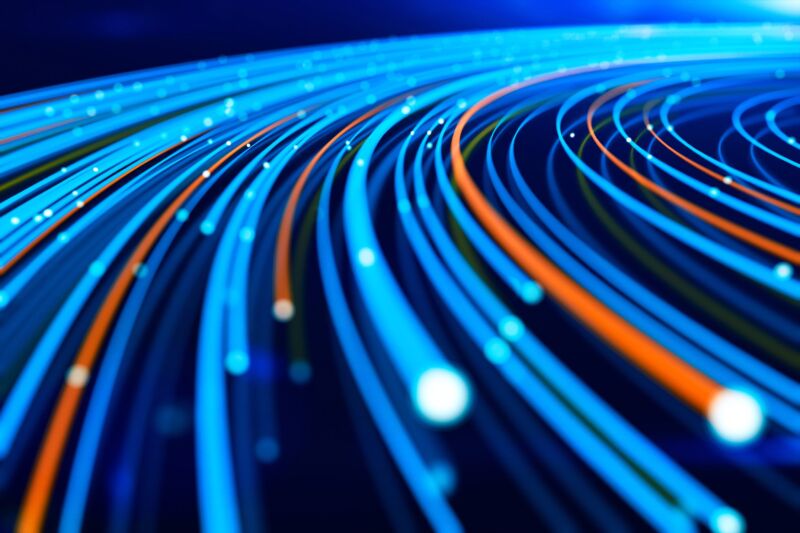
Some net neutrality proponents are worried that soon-to-be-approved Federal Communications Commission rules will allow harmful fast lanes because the plan doesn't explicitly ban "positive" discrimination.
FCC Chairwoman Jessica Rosenworcel's proposed rules for Internet service providers would prohibit blocking, throttling, and paid prioritization. The rules mirror the ones imposed by the FCC during the Obama era and repealed during Trump's presidency. But some advocates are criticizing a decision to let Internet service providers speed up certain types of applications as long as application providers don't have to pay for special treatment.
Stanford Law Professor Barbara van Schewick, who has consistently argued for stricter net neutrality rules, wrote in a blog post on Thursday that "harmful 5G fast lanes are coming."
"T-Mobile, AT&T and Verizon are all testing ways to create these 5G fast lanes for apps such as video conferencing, games, and video where the ISP chooses and controls what gets boosted," van Schewick wrote. "They use a technical feature in 5G called network slicing, where part of their radio spectrum gets used as a special lane for the chosen app or apps, separated from the usual Internet traffic. The FCC’s draft order opens the door to these fast lanes, so long as the app provider isn’t charged for them."
In an FCC filing yesterday, AT&T said that carriers will use network slicing "to better meet the needs of particular business applications and consumer preferences than they could over a best-efforts network that generally treats all traffic the same."
Carriers could charge more for faster gaming
Van Schewick warns that carriers could charge consumers more for plans that speed up specific types of content. For example, a mobile operator could offer a basic plan alongside more expensive tiers that boost certain online games or a tier that boosts services like YouTube and TikTok.
Ericsson, a telecommunications vendor that sells equipment to carriers including AT&T, Verizon, and T-Mobile, has pushed for exactly this type of service. In a report on how network slicing can be used commercially, Ericsson said that "many gamers are willing to pay for enhanced gaming experiences" and would "pay up to $10.99 more for a guaranteed gaming experience on top of their 5G monthly subscription."
Before the draft net neutrality order was released, van Schewick urged the FCC to "clarify that its proposed no-throttling rule prohibits ISPs from speeding up and slowing down applications and classes of applications."
In a different filing last month, several advocacy groups similarly argued that the "no-throttling rule needs to ban selective speeding up, in addition to slowing down." That filing was submitted by the American Civil Liberties Union, the Electronic Frontier Foundation, the Open Technology Institute at New America, Public Knowledge, Fight for the Future, and United Church of Christ Media Justice Ministry.
The request for a ban on selective speeding was denied in paragraph 492 of Rosenworcel's draft rules, which are scheduled for an April 25 vote. The draft order argues that the FCC's definition of "throttling" is expansive enough that an explicit ban on what the agency called positive discrimination isn't needed:
With the no-throttling rule, we ban conduct that is not outright blocking, but inhibits the delivery of particular content, applications, or services, or particular classes of content, applications, or services. Likewise, we prohibit conduct that impairs or degrades lawful traffic to a non-harmful device or class of devices. We interpret this prohibition to include, for example, any conduct by a BIAS [Broadband Internet Access Service] provider that impairs, degrades, slows down, or renders effectively unusable particular content, services, applications, or devices, that is not reasonable network management. Our interpretation of "throttling" encompasses a wide variety of conduct that could impair or degrade an end user's ability to access content of their choosing; thus, we decline commenters' request to modify the rule to explicitly include positive and negative discrimination of content.
ISPs can charge extra for fast gaming under FCC's Internet rules, critics say - Ars Technica
Read More
No comments:
Post a Comment